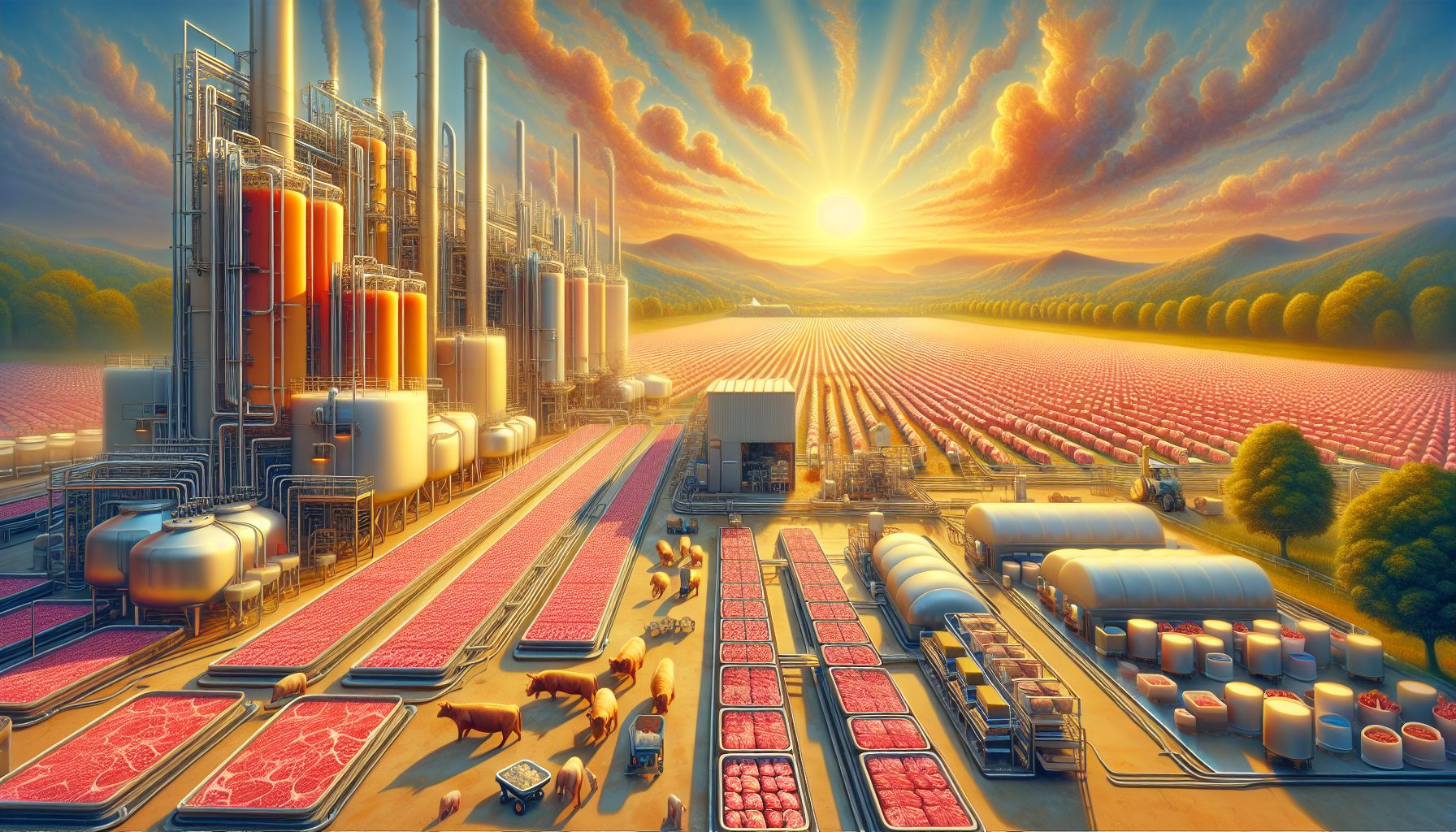Mosa Meat Secures €40 Million to Scale Cultivated Beef Production

Maastricht, Tuesday, 13 August 2024.
Dutch pioneer Mosa Meat has raised €40 million in new funding to scale its lab-grown beef production. The investment will accelerate production processes and prepare for market introduction, marking a significant step towards bringing cultivated meat to consumers. This development comes amid challenges in the alternative protein sector, highlighting Mosa Meat’s resilience in a competitive landscape.
A Breakthrough in Food Technology
Mosa Meat, based in Maastricht, Netherlands, has been at the forefront of the cultivated meat industry since its inception in 2016. Founded by Mark Post and Peter Verstrate, the company made headlines in 2013 by introducing the world’s first lab-grown hamburger, which cost over €300,000 to produce at the time. This latest funding round, led by Lowercarbon Capital and M Ventures, underscores the significant progress Mosa Meat has made in reducing production costs and scaling up its operations.
The Mechanics of Cultivated Beef
Cultivated beef, also known as lab-grown or cell-cultured meat, is produced by harvesting muscle cells from a living cow. These cells are then cultured in a nutrient-rich medium within bioreactors, allowing them to multiply and form muscle tissue. This process mimics natural muscle growth, resulting in meat that is biologically identical to conventional beef but without the need for animal slaughter. The nutrient medium used is crucial, and companies like Nutreco are developing specialized food-grade powders to enhance the efficiency and quality of cell feed[3].
Strategic Partnerships and Market Potential
The €40 million funding attracted a diverse group of investors, including government-backed entities like Invest-NL and LIOF, as well as private companies such as PHW Group and XO Ventures[1]. These partnerships are not just financial but strategic, aiming to create a more resilient and sustainable food system. Mosa Meat’s CEO, Maarten Bosch, highlighted the macro-economic challenges facing the sector but expressed optimism about the company’s ability to overcome these hurdles and bring cultivated beef to market efficiently[1].
The Benefits of Cultivated Meat
Cultivated meat offers several advantages over traditional meat production. It promises a significant reduction in greenhouse gas emissions, land use, and water consumption. Additionally, it eliminates the need for antibiotics and reduces the risk of zoonotic diseases, making it a cleaner and safer alternative[5]. According to a report by the Good Food Institute, increased public and private investment in alternative proteins is essential to maintain global competitiveness and accelerate the transition to sustainable food systems[6].
Challenges and Future Outlook
Despite the promising potential, the cultivated meat industry faces significant hurdles, including high production costs, regulatory challenges, and consumer acceptance. For instance, the cost of producing 1 kilogram of cell-cultured meat was estimated at €63 in 2022, compared to €6.17 for conventional beef[4]. However, advancements in bioreactor technology and nutrient media are expected to drive these costs down. Moreover, regulatory approvals, such as those in Singapore and recent progress in the US, are paving the way for broader market introduction[6].

